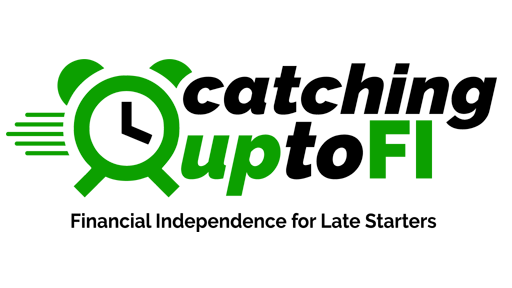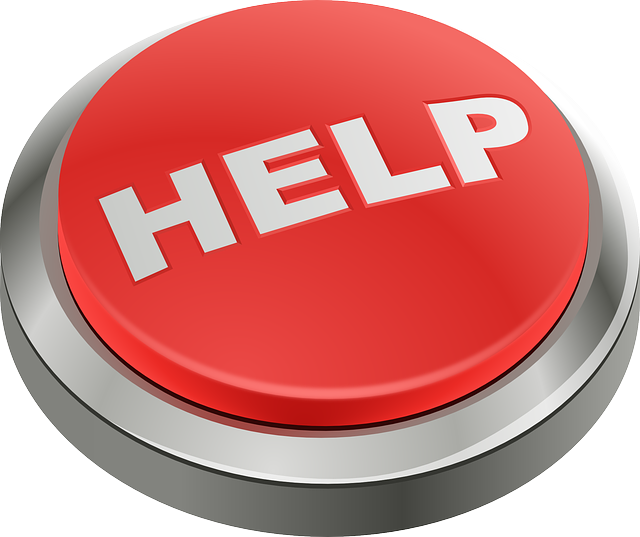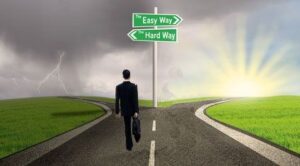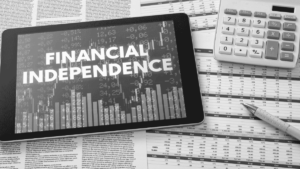At A Glance – An emergency fund is a financial safety net for future mishaps and/or unexpected expenses.
What Is An Emergency Fund?
An Emergency Fund (EF) could also be called a “Rainy Day Fund”. It is a stash of money, usually cash, that is set aside for an unexpected event, such as a medical emergency, a large car repair or a job loss.
Why Do I Need An Emergency Fund?
Life Happens. Things break, accidents happen, or there is, say, a global pandemic! An EF can keep you from taking on debt while you work through your emergency.
And don’t emergencies seem to happen at the worst times! The water heater breaks right after you had to get a new transmission. With an EF you won’t have to take on more debt to keep life going.
Without having some cash set aside, you might have to put your emergency on a credit card or take out a personal loan. Both of these options come with high interest rates that set you back even more than the emergency did.
One of the main reasons Stephen and I had such financial woes in our earlier life was because we did not have an EF. We had just drifted through life with no safety net, and when the BIG unexpected event happened we fell off the financial cliff! It affected our marriage and our family. Life was very unpleasant. Now we have enough cash to handle almost any emergency.
How Much Do I Need?
If you don’t have any cash on hand right now for emergencies, you need to start with a Baby Emergency Fund of $1,000.
Your Baby Emergency Fund is your first line of defense against a dumpster fire event in your life. It keeps you from getting off track and taking on more debt when you have a small to medium-sized emergency. If you have a flat tire or the washing machine quits, you can handle it.
The typical advice about how much to keep in your fully-funded Emergency Fund is 3-6 months expenses. This will handle larger events like a large medical bill or job lay-off. Your fully-funded emergency fund keeps you going without adding additional debt and stress. Having 3-6 months of expenses saved can give you the peace and confidence to face almost anything life can throw at you.
Here’s another advantage of having a fully-funded EF. If you have a large emergency or a job lay-off, you can temporarily cut back on your spending. Three to six months of savings can be stretched to last even longer as you cut back on discretionary spending. Eating out and vacations can wait.
How Do I Build It?
You can build your Emergency Fund by saving, selling something or a part-time job. If you need to build your Baby EF, the fastest way to accumulate that first $1,000 is to sell something. Have a garage sale or sell some stuff on market place. You probably have enough stuff around your house you could sell to stash away that first $1,000.
The rest of your 3-6 months of EF can come from saving money from your monthly paycheck or by taking on a part-time job or side hustle. It will take some time to accumulate 3-6 months of living expenses, so be patient, but be diligent. The more you are willing to sacrifice, the faster this will go.
If you don’t know how to save any extra money from your paycheck, take a look at your budget and see where you can temporarily cut something. If you aren’t using a budget, this is a good time to start. Here is my article, How To Do A Budget. It explains how to set up and use a budget, and includes a spreadsheet you can download. Or you can use an app like YNAB and Mint.
Where Do I Keep My Emergency Fund?
You want your emergency fund to be accessible, but not TOO accessible. In other words, you don’t want to be tempted to use your EF for that new big screen you’ve been wanting.
Since your EF will probably be cash, you could keep it in a savings account or a money market account. These can be held at your bank or a brokerage firm. You might even want to open a separate account at a different bank. This does two things. You know exactly how much you have, and you can’t do an online transfer into your checking account. This will keep you from being tempted to use it for something else.
As you are deciding where to put your cash, you will probably think, “This is boring. It’s just sitting there. I could do better than this piddly amount of interest it’s earning.” And you’ll be right. It is boring. It’s not making anything. But the point is not for it be a great investment, it’s meant to be a safety net. It’s what lets you sleep at night without worrying about Murphy knocking on your door!
When Should I Use My Emergency Fund?
This is an Emergency Fund…use it for emergencies!
What’s an emergency? Let’s start with what is NOT an emergency. A new couch is not an emergency. A vacation is not an emergency. A nicer car is also not an emergency.
Your EF should be used for things that are truly emergencies. As mentioned above, a large unexpected medical bill or job lay-off are true emergencies. Another example is paying an insurance deductible for something like a hail storm or a car wreck.
Also, keep in mind that not every large expense is an emergency. A new roof or a vehicle will be a large expense, but they are not a surprise. Large purchases or repairs can be planned for. You know they are coming eventually. These large purchases can be handled with a sinking fund. A sinking fund is where you set aside money each month in preparation for a large purchase.
For example, if you need to replace your car in 5 years and you think it will cost about $15,000, set aside $250/month. In 5 years you will have the cash to pay for the car. It won’t be an emergency.
When you need to use your emergency fund, you will need to replace what you spent. Start saving again until your emergency fund is fully funded.
What Does The Bible Say
There is a great example of an EF in the Bible in the book of Genesis. Pharaoh has a dream which Joseph interprets. The dream tells him there will be 7 years of abundance and then 7 years of famine. Pharaoh puts Joseph in charge of building Egypt’s “Emergency Fund” so his people will not starve during the famine. Read about it here.
Let Pharaoh appoint commissioners over the land to take a fifth of the harvest of Egypt during the seven years of abundance. They should collect all the food of these good years that are coming and store up the grain under the authority of Pharaoh, to be kept in the cities for food. This food should be held in reserve for the country, to be used during the seven years of famine that will come upon Egypt, so that the country may not be ruined by the famine.
Genesis 41:34-36
Conclusion
Having an emergency fund keeps life’s mishaps from turning into stress and drama. After you have lived with one for a while, you will discover that you don’t have as many emergencies. If something unexpected happens, you handle it, replace what you spent out of the fund and move on.
Key Takeaway – An emergency fund is a financial safety net for future mishaps and/or unexpected expenses. Having one will keep you from going into debt to handle an emergency.
Have there been times in the past when you could have used an EF? Do you have an example of when having an EF kept you out of the ditch? Share your story in the comments below. I love hearing how our members are navigating our “strange new world”!
Assignment 1 – Build your Baby Emergency Fund of $1,000. Sell something or take on a part-time job.
Assignment 2 – Look at your current budget and make adjustments to temporarily save as much as you can to build your fully-funded Emergency Fund.
Assignment 3 – Decide where to put your Emergency Fund.









